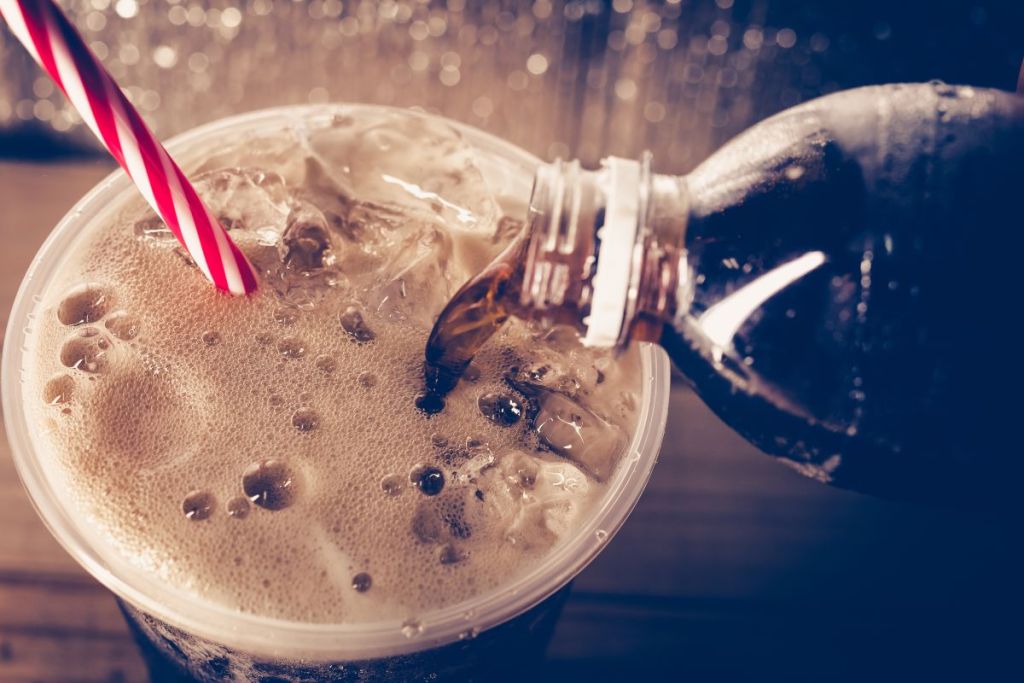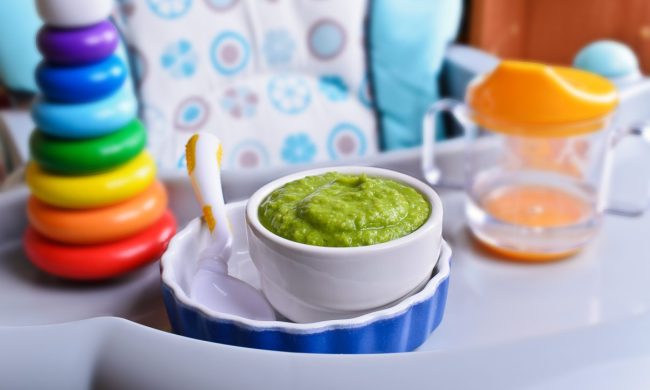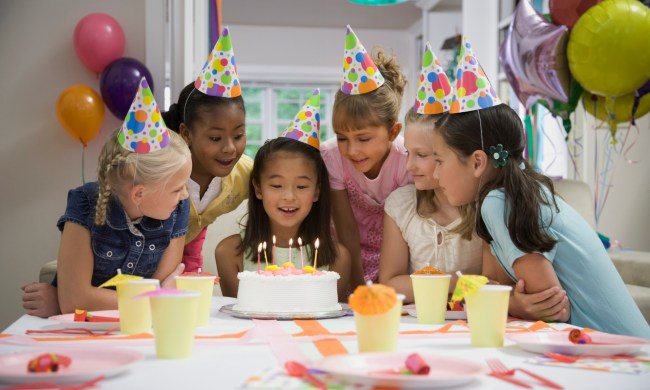It comes in so many forms, from lattes to espresso shots, coffee is everywhere that you look. Just the smell of coffee grounds is so tempting when you open up a new can of coffee. So many of us depend on it to kick start our morning or to keep us going throughout the day. But this consumption of caffeine begs to ask the question, is coffee bad for kids? Are there dangers of letting our teens drink their caramel macchiato? We dive deep and look at expert advice and answer the question of, “Should kids drink coffee?”
How Can Coffee Affect Tweens?
The very many ways that coffee can affect our tweens is kind of crazy when you find out that too much caffeine can lead to calcium absorption, meaning those growing bones that we try to give them with good foods can be counteracted by the caffeine that we allow them to have. Not only that, but it can be addictive, as it is a stimulant, which, when taken away from the child can lead to caffeine withdrawal with ills like headaches and stomachaches.

Coffee Is Not Nourishing in Any Diet
Coffee can be simply empty calories when your child drinks it. Especially if they drink it with a bunch of sugar or creamers and even the coffee syrups. It can lead to neurological and cardiac problems as well. If your child is already an anxious child, caffeine will surely increase it for them. A big obvious side effect of tweens drinking coffee is insomnia, where they cannot sleep at night and stay up. This can mess up things like getting up in the morning, school schedules, etc. Things like mood swings also may start occurring in a tween that drinks coffee.
The Experts Weigh In:
Cassie Bjork, RD told Healthline:
There’s not necessarily a black and white answer for what age is appropriate to introduce coffee. The main downfall is that coffee has caffeine, a stimulant, which can make it an addictive substance. The effects of excessive caffeine include hyperactivity, insomnia, poor appetite regulation, mood swings, and anxiety.
She further goes on to explain that for children, caffeine can have addicting qualities, and children can easily get hooked on coffee if it is drunk in excessive quantities. Toby Amidor, MS, talked to Healthline and said that starting later is better, saying “A few sips here and there is no big deal. However, when sips turn into daily cups, that’s a whole other story. Coffee is addictive, and withdrawal symptoms are real, so the later you start, the better.”

Don’t Forget About Soda
While our main focus here is coffee, there are other things that are lurking about that also contain caffeine and can become addictive to a child. The more soda that our children consume, the worse it becomes. Not only are they now hooked on the caffeine that is contained in the soda, but also the sugar, which can also be an addictive substance all on its own. Energy drinks can also be the absolute worst thing that a child can consume. They contain copious amounts of caffeine, and once a tween tries one, that is all it might take for them to become hooked on them, where they need and want them all of the time.

Fancy Coffee Drinks
Ads for them are everywhere. We see them on TV, on our phones, computers, and more. They make their product look alluring so that our kiddos are drawn to it. If the latest cold foam is out, be certain that your child will want to try it out, just like everyone else is. These coffee drinks not only contain caffeine, but with the amount of sugar and syrup and whipped cream, plus all of the toppings that you can choose from, they will add nothing to our children’s bodies but problems. Stay away from these places as an example of willpower that you can do it. If they see that you can, so can they.
Caffeine Affects The Nervous System
Our children are still growing. It is said that the brain of an adult is not reached until around age 25 or so. Having coffee, soda, or an energy drink often may lead to permanent effects in your child’s brain. Jennifer Temple, Director, Nutrition and Health Research Laboratory at the University of Buffalo said, “The thing that concerns me is that because children and adolescent brains are still developing, and because caffeine directly impacts the nervous system, there is an opportunity for caffeine to change the development of the brain, and we don’t really know exactly how that will happen.” As parents, this is what we don’t want to happen! One of the things that we can do to stop our tweens from consuming caffeine is to lead by example. We can cut down our caffeine intake entirely or partially. This will show them that if you can cut caffeine, then they can do it as well.
Coffee really does not have any place in our children’s diets. It truly adds zero nutritional value, and there are so many things that coffee filled with caffeine can do to our children. As parents, if we truly want to help our kids thrive, we should keep the caffeine away from them. As to when you want to start introducing them to coffee, that’s at your discretion, of course.


